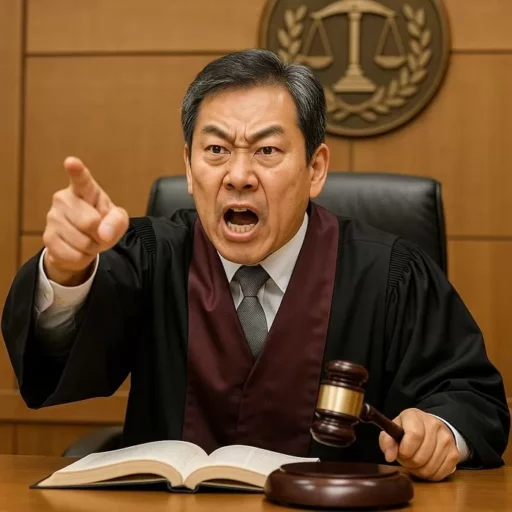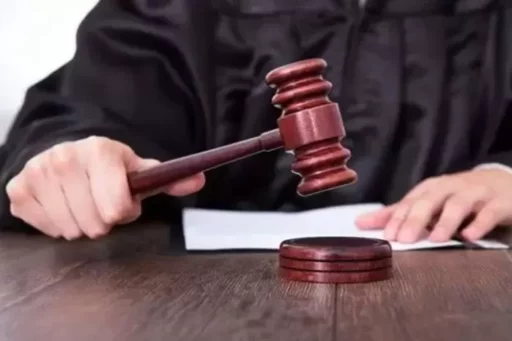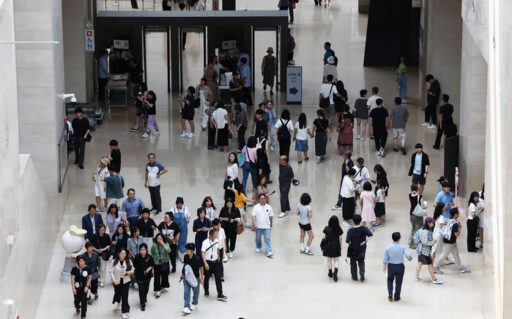The remarks of a Gwangju District Court judge about 'Han-namchung' stir controversy over courtroom decorum
A judge from the Gwangju District Court, known as a 'shouting judge,' is embroiled in controversy after making derogatory remarks about men during a court session directed at a defendant.
The judge stated during the trial, "Korean men are the worst," even using the expression ‘Han-namchung,’ leading to criticism from both within and outside the legal community.
Recently, Judge A from the Gwangju District Court said to a defendant facing charges of special injury, "Go abroad. Korean men are the worst. When you go abroad, you can't say a word," adding, "That's why you hear the term 'Han-namchung'—it's not without reason."
The defendant was on trial for throwing an ashtray at a woman, causing injury.

Judge A attempted to highlight the defendant's lies and lack of reconciliation while urging moral awakening; however, some of the judge's remarks have been perceived as ridicule and insult.
Controversy over the ‘shouting judge’s’ emotionally unfiltered remarks
Unlike other judges at the Gwangju District Court who generally maintain a restrained demeanor, Judge A is often known for expressing emotions without filtering when responding to the behaviors of defendants, earning the nickname 'shouting judge.' This conduct has reportedly surprised even attorneys on occasion.
In fact, the prosecutor present in the trial appeared visibly taken aback, often seen lowering their head in response to Judge A's straightforward comments.

In recent trials, Judge A did not shy away from making blunt admonitions to several defendants, stating, "If you had confessed from the beginning, you could have avoided prison time," and "Do you think the judge looks foolish? I clearly warned you that it’s not a joke."
A legal professional in Gwangju pointed out, "When a judge shows emotions, it can intimidate the defendant's right to defense, or the self-representation right guaranteed by the constitution. It is not desirable to take a hardline approach based on the defendant's demeanor, which is unrelated to the judgment of guilt or innocence."
In response, an official from the Gwangju District Court stated, "It is not a situation where we can provide a separate opinion regarding the trial proceedings," adding, "The trial is the exclusive authority of the presiding judge, so we have nothing else to say."
Image source: AI-generated image for understanding of the article / ChatGPT, reference photo for understanding of the article / Getty Images Bank.

![[Breaking News] Jeong Cheong-rae elected as new leader of the Democratic Party… First ruling party head under Lee Jae-myung’s government](https://wordkorean.com/wp-content/uploads/2025/08/thumbnail-25.jpg)
